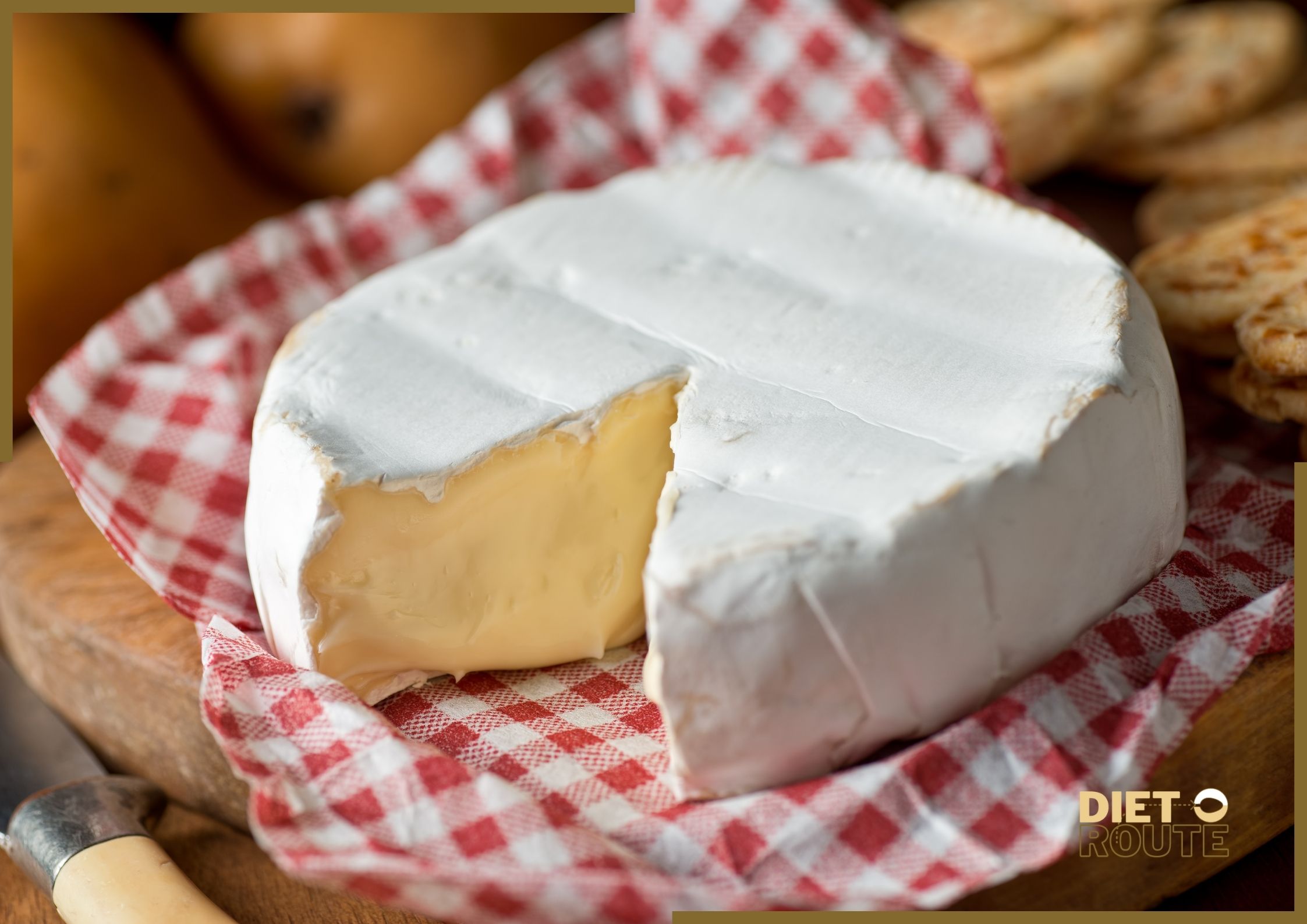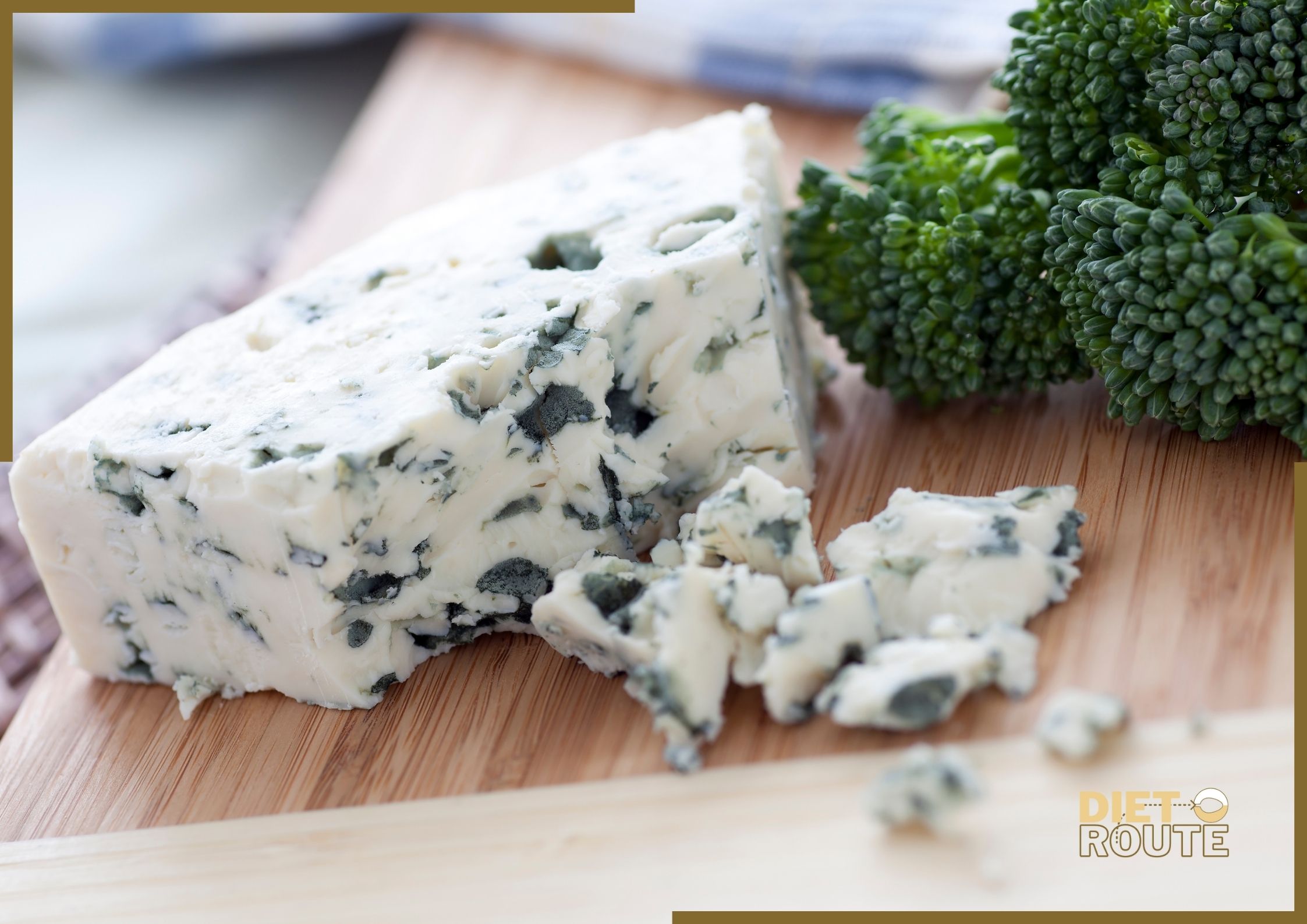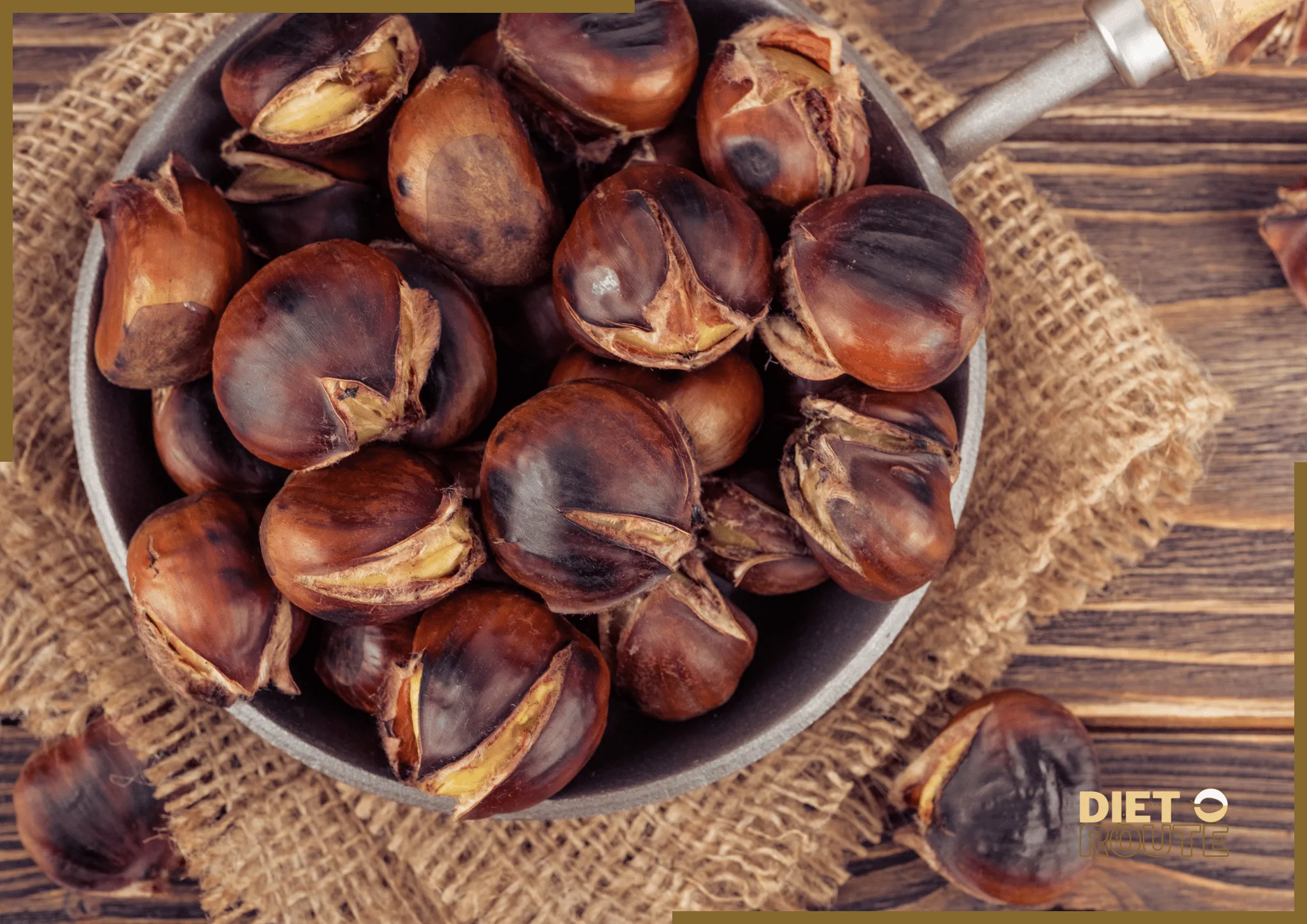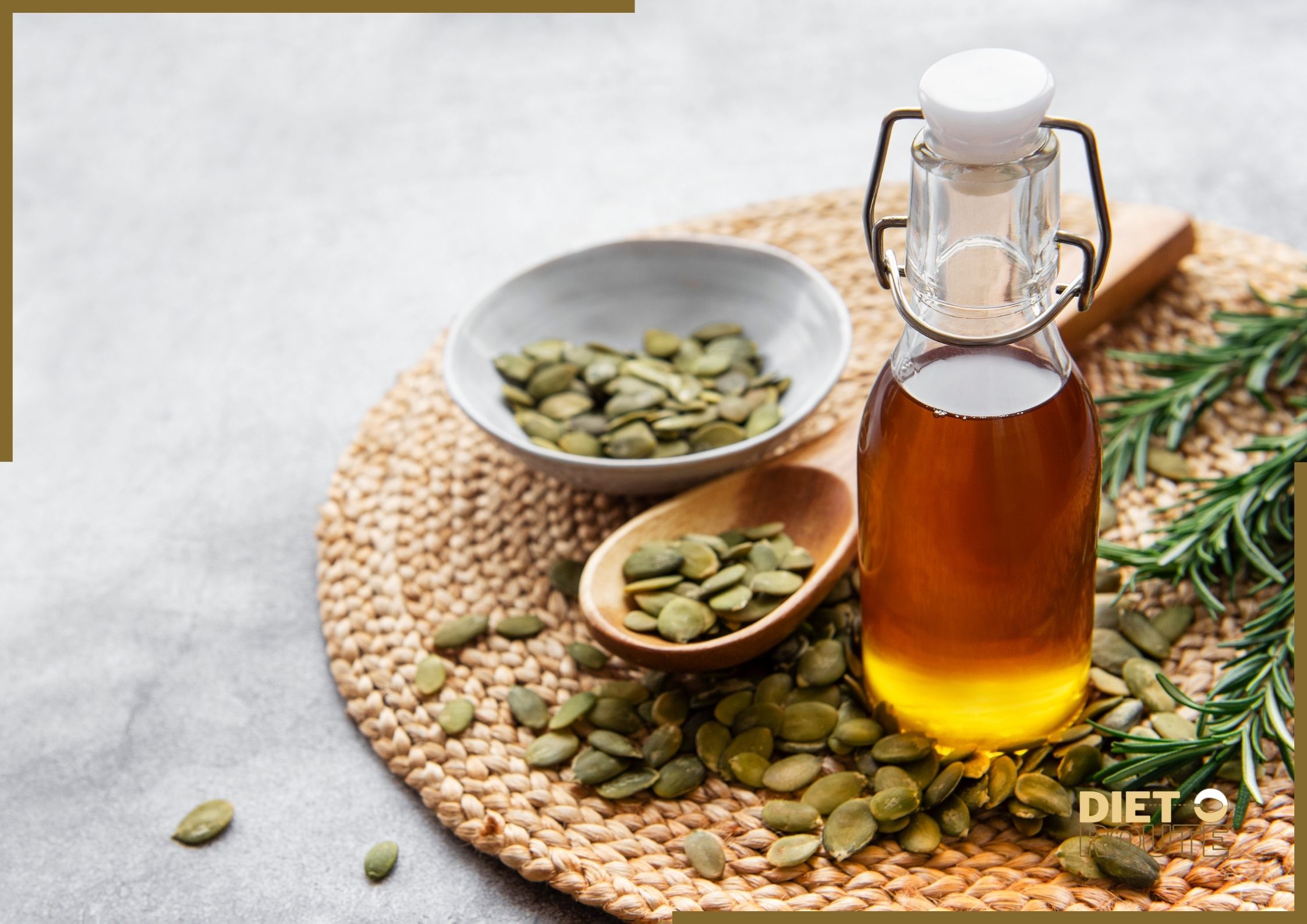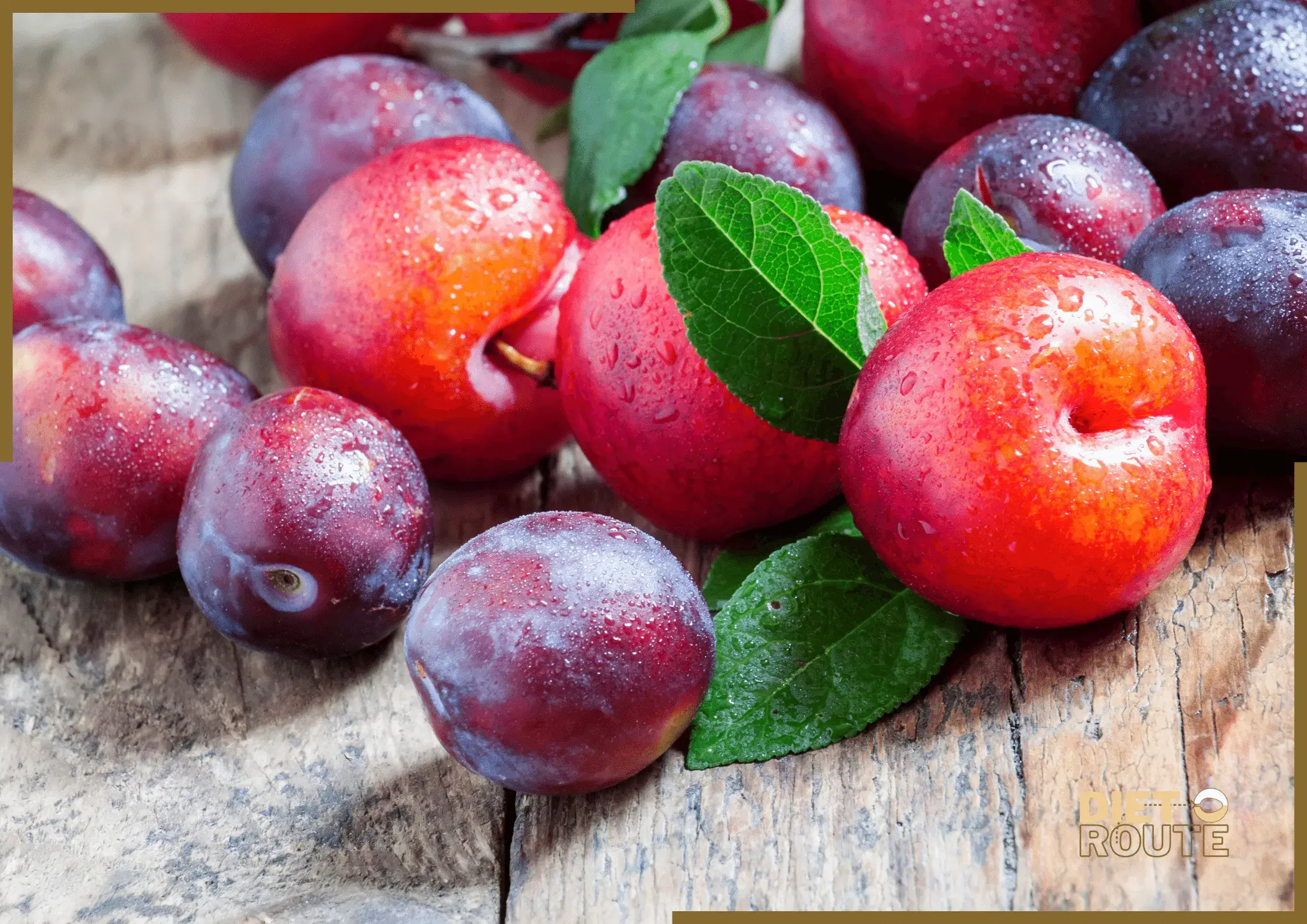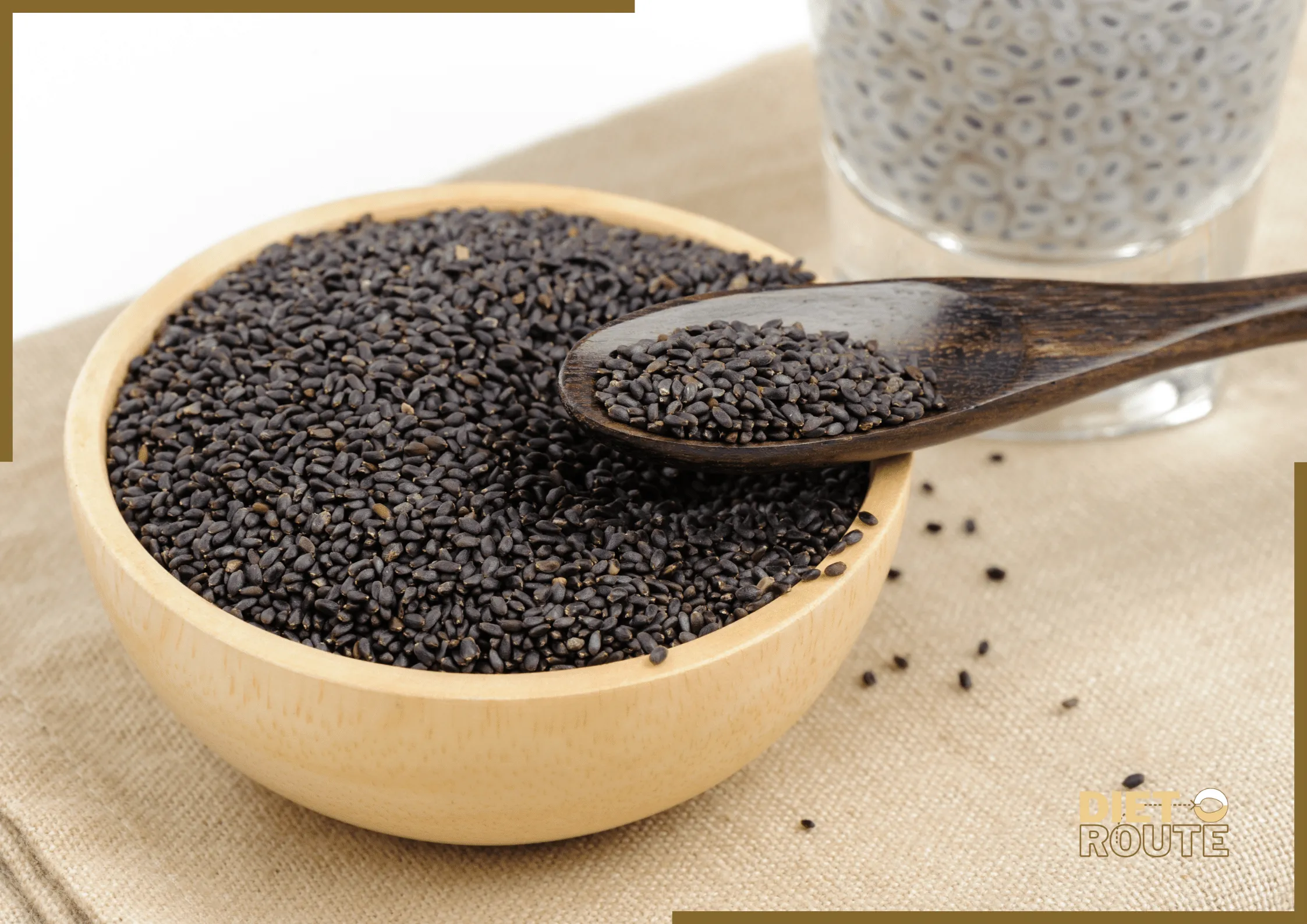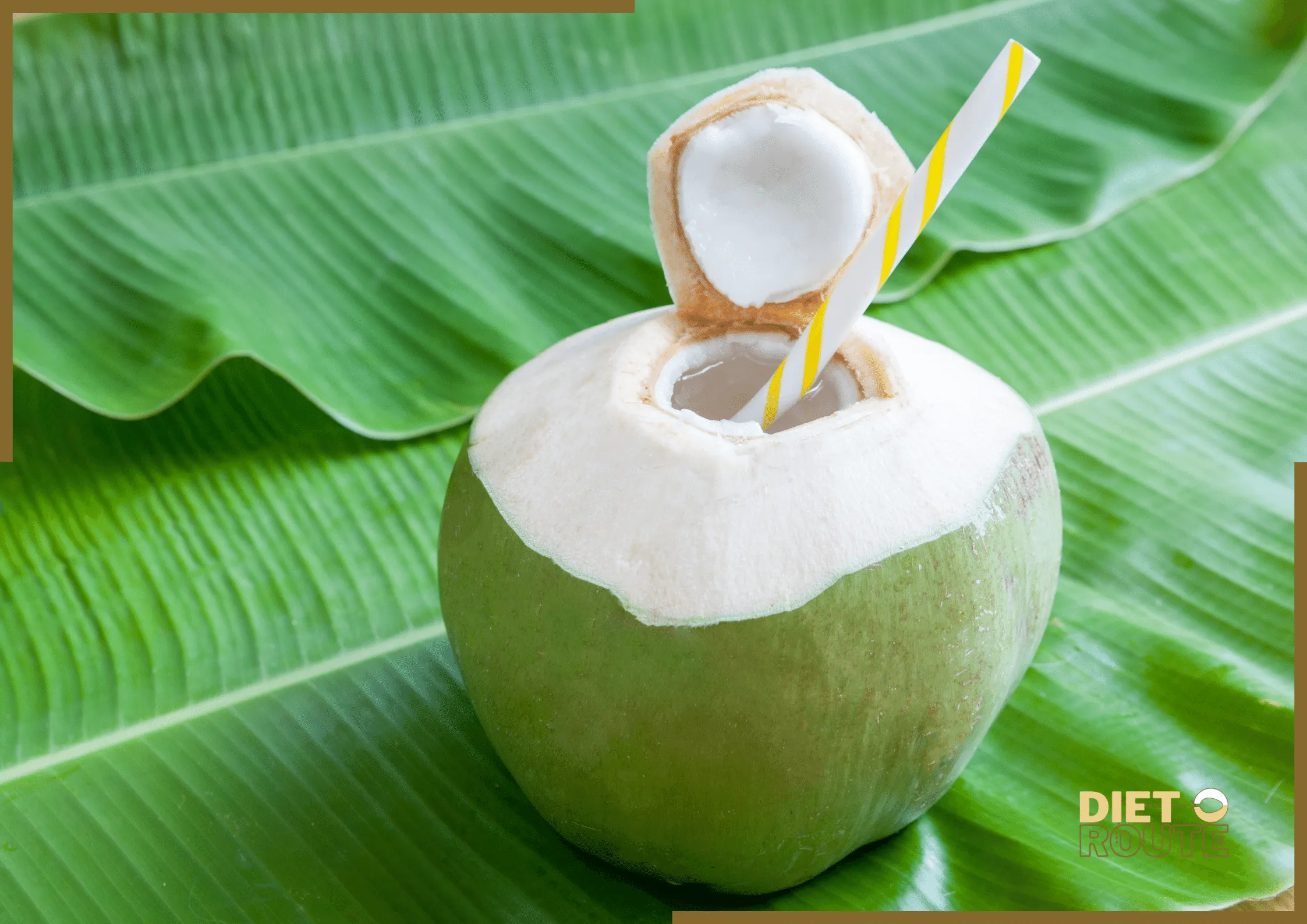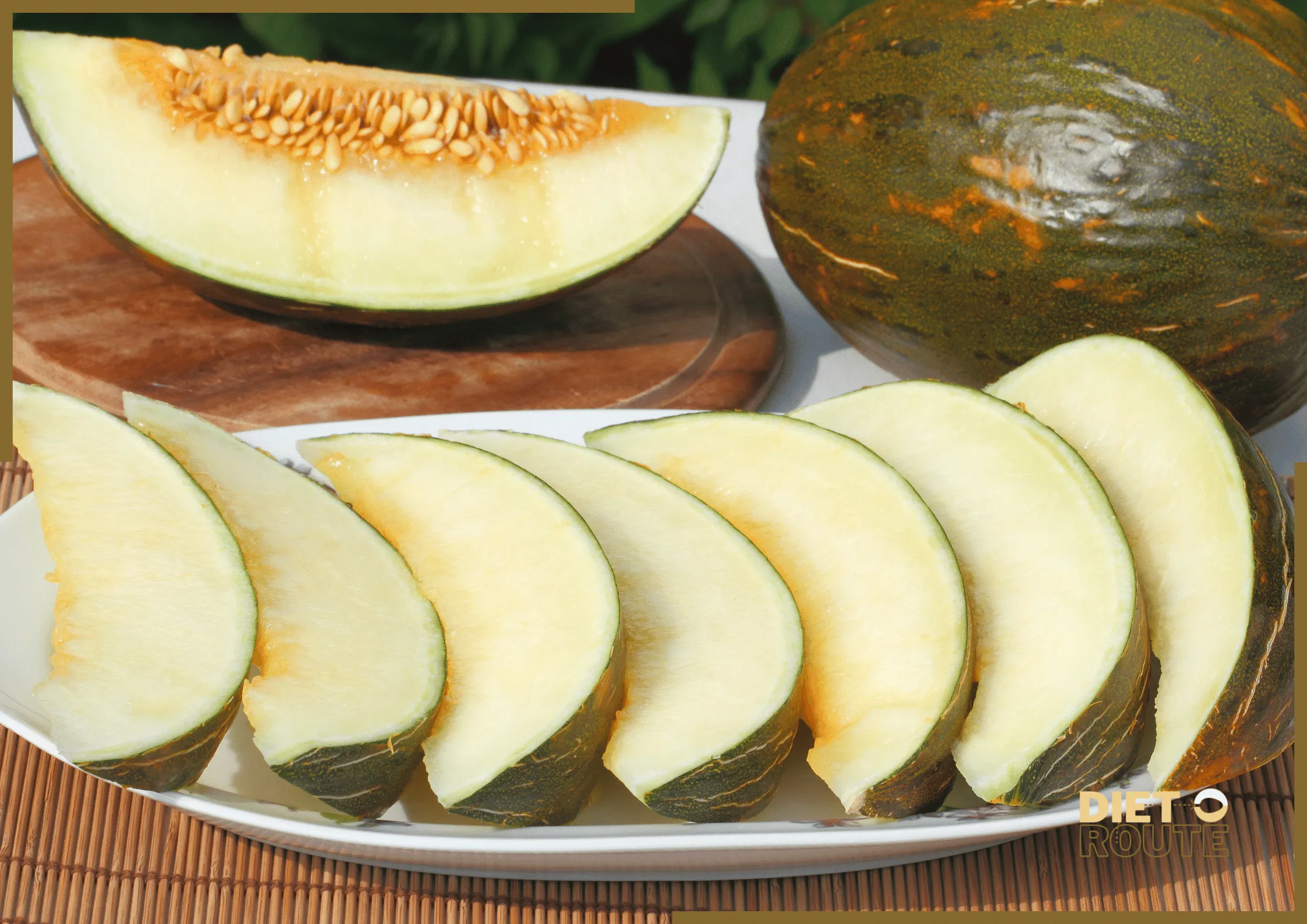Table of Contents
Introduction
Brie cheese is a popular soft cheese that has a rich and creamy texture. It started in France, but cheese fans all over the world now enjoy it. In this article, we’ll look at the nutritional content, talk about its benefits and drawbacks, provide answers to common questions, and end with some thoughts on its role in a healthy diet.
Nutritional Value Approximately 100g
The values provided are approximate can vary depending on the size and quality.
| Nutrient | Amount | Percentage Daily Value |
| Calories | 334 kcal | 17% |
| Total Fat | 28 g | 43% |
| Saturated Fat | 18 g | 90% |
| Cholesterol | 100 mg | 33% |
| Sodium | 629 mg | 26% |
| Carbohydrates | 0.5 g | 0% |
| Sugars | 0.5 g | – |
| Protein | 21 g | 42% |
| Calcium | 184 mg | 18% |
| Vitamin A | 840 IU | 17% |
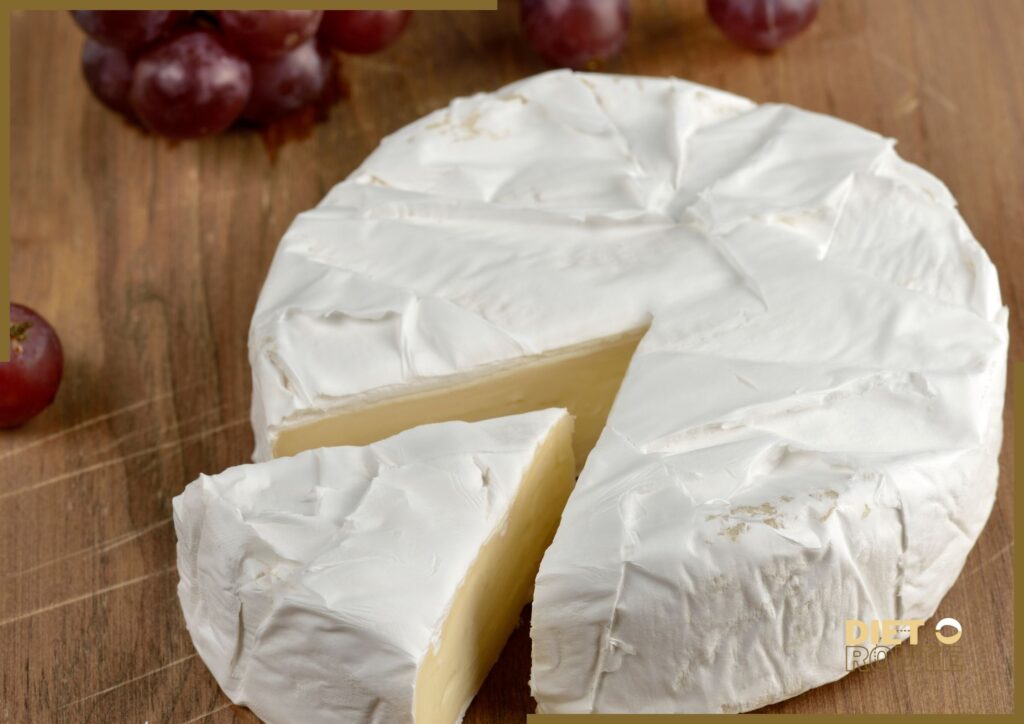
Pros
1. High in Protein:
Brie cheese is high in protein, which is essential for many bodily functions, such as muscle growth and repair.
2. Good Source of Calcium:
It has a good amount of calcium, which helps keep bones and teeth strong.
3. Vitamins and Minerals:
It has vitamins like vitamin A and minerals like calcium, which add to the nutritional value of the food.
4. Adaptable to Cooking:
It is versatile and can be enjoyed by itself, in sandwiches, melted on toast, or added to different recipes to add a creamy and savory ingredient.
Cons
1. High in Saturated Fat:
Brie cheese contains a lot of saturated fat, which, if consumed in excess, may cause health problems like high cholesterol levels. As part of a healthy diet, it’s important to consume it in moderation.
2. Sodium:
Individuals on a low sodium diet or with high blood pressure should monitor their intake of Brie cheese because it includes sodium.
3. Lactose intolerance:
It is made from cow’s milk and may have lactose in it. People who have lactose intolerance should be careful and think about other choices.
In a Nut Shell
Brie cheese has nutritional advantages in addition to its delicious taste. It is a good source of protein, calcium, and essential vitamins and minerals. Due to it’s high saturated fat content, it is important to consume it in moderation. It can be enjoyed as part of a balanced diet by taking into account individual dietary needs and health issues. You can get creative with how you use it in your meals and enjoy its creamy texture and delicate flavor while keeping a nutritional balance.
Frequently Asked Questions (FAQs)
1. Can pregnant women consume Brie cheese?
If this cheese is made from pasteurized milk, pregnant women can consume it. For personalized diet suggestions, it is advisable to consult a healthcare professional.
2. Can Brie cheese be eaten by individuals with lactose intolerance?
It typically has a lower lactose content than other cheeses, making it possibly more palatable for individuals with lactose intolerance. It’s important to monitor your body’s reaction because individual tolerance may range.
3. Do Brie cheeses need to be refrigerated?
In order to keep it fresh and stop germs from growing, it should be refrigerated. The best way to store it is in the box it came in or tightly wrapped in plastic wrap.
4. Can individuals with gluten intolerance consume Brie cheese?
Most brie cheese doesn’t have gluten. But cross-contamination can happen when making or storing the food. To ensure safety, people with gluten intolerance should read labels or opt for approved gluten-free products.
5. Can you cook with Brie cheese?
Yes, you can cook with it. It melts well, making it suitable for recipes such as baked dishes, sauces, and grilled cheese sandwiches.
6. How long does Brie cheese stay good?
It is best consumed a few days after purchase. But the exact shelf life relies on things like how the cheese is stored and how ripe it is.
7. Can you eat Brie cheese’s rind?
It has a rind that can be eaten and adds flavor. But some people like to take it out before they eat it.
8. Can allergies be caused by Brie cheese?
It is made from cow’s milk, which may cause allergies in individuals who are sensitive to milk protein. If you know you have allergies, it’s important to be careful or find suitable alternatives.
9. Can you freeze Brie cheese?
It can be frozen, but the texture of the cheese may change. For optimal flavor and quality, it’s best to consume it immediately.
10. What foods go well with Brie cheese?
This cheese goes well with apples, grapes, toasted bread, crackers, and nuts. It goes well with a lot of different wines and can be part of a meat board.
